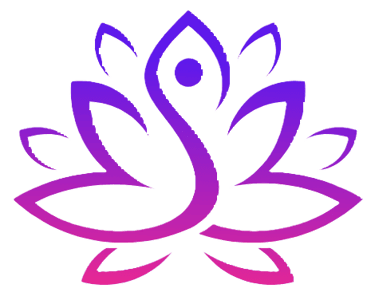Sleep Better Without Pills: How Conscious Breathing Can Free You from Forced Sleep
Sleeping poorly is a serious problem. But what many people don’t know —or prefer not to see— is that sleeping under the effect of pills can be almost as harmful as not sleeping at all. I say this from personal experience. I’ve been through those nights when, unable to bear the anxiety or frustration of not being able to fall asleep, I chose the “quick fix” of a sleeping pill. At first, it feels like relief. The curtain falls, and the mind shuts off. However, over time, I started to notice something unsettling: my rest wasn’t real. I would wake up with a strange heaviness, as if I hadn’t truly rested. On top of that, my mood became unstable: irritability, lack of enthusiasm, and a kind of mental fog that followed me throughout the day.


Sleep Better Without Pills: How Conscious Breathing Can Free You from Forced Sleep
Sleeping poorly is a serious problem.
But what many people don’t know —or prefer not to see— is that sleeping under the effect of pills can be almost as harmful as not sleeping at all.
I say this from personal experience. I’ve been through those nights when, unable to bear the anxiety or frustration of not being able to fall asleep, I chose the “quick fix” of a sleeping pill. At first, it feels like relief. The curtain falls, and the mind shuts off. However, over time, I started to notice something unsettling: my rest wasn’t real.
I would wake up with a strange heaviness, as if I hadn’t truly rested. On top of that, my mood became unstable: irritability, lack of enthusiasm, and a kind of mental fog that followed me throughout the day.
I didn’t understand what was happening... until I looked deeper into the root of the problem.
The Deception of Chemical Sleep
Sleeping pills can sedate you, yes, but they don’t guarantee quality sleep. They don’t allow your body to naturally go through the essential stages of sleep, especially the deeper phases like REM sleep, which are crucial for physical restoration, memory consolidation, and emotional balance.
The consequence is clear: the next day, you feel the same or even worse than if you had had a bad night’s sleep. And in the long term, you risk developing dependency.
But here comes the hopeful part.
Breathing for Sleep: A Natural Tool Within Everyone’s Reach
Breathing —that vital function we often take for granted— is a master key to regulating the nervous system and preparing ourselves for deep, natural rest.
Through specific conscious breathing practices —like pranayama, diaphragmatic breathing, or prolonged exhalation techniques— we can activate the parasympathetic nervous system, which is responsible for guiding us into a state of calm and rest.
These techniques not only help us fall asleep more naturally, but they also improve sleep quality, reduce anxiety, and stabilize our mood.
Some techniques I recommend:
4-7-8 Breathing:
Inhale for 4 seconds, hold your breath for 7 seconds, and exhale slowly over 8 seconds. This calms the mind and relaxes the body.
Prolonged Exhalation:
Simply make your exhalation last twice as long as your inhalation. For example, inhale for 4 seconds and exhale for 8.
Diaphragmatic Breathing:
Breathe deeply into your abdomen, not just your chest. This lowers your heart rate and relaxes your muscles.
These practices, integrated into your nighttime routine, become powerful allies to break free from dependency on pills and restore your body’s natural ability to sleep well.
Reconnecting with Natural Sleep
Breaking away from sleeping pills isn’t easy —I know. But it is possible. And conscious breathing is one of the most accessible, natural, and effective tools we have to do it.
Trusting again that your body knows how to sleep, that your mind can find calm without the need for chemicals, is one of the best decisions you can make for your health and emotional well-being.
Good sleep should not be a privilege reserved for those without worries. Good sleep is a natural right, and conscious breathing can help you reclaim it.
Breathe deeply. Exhale slowly. Your rest is waiting for you.
